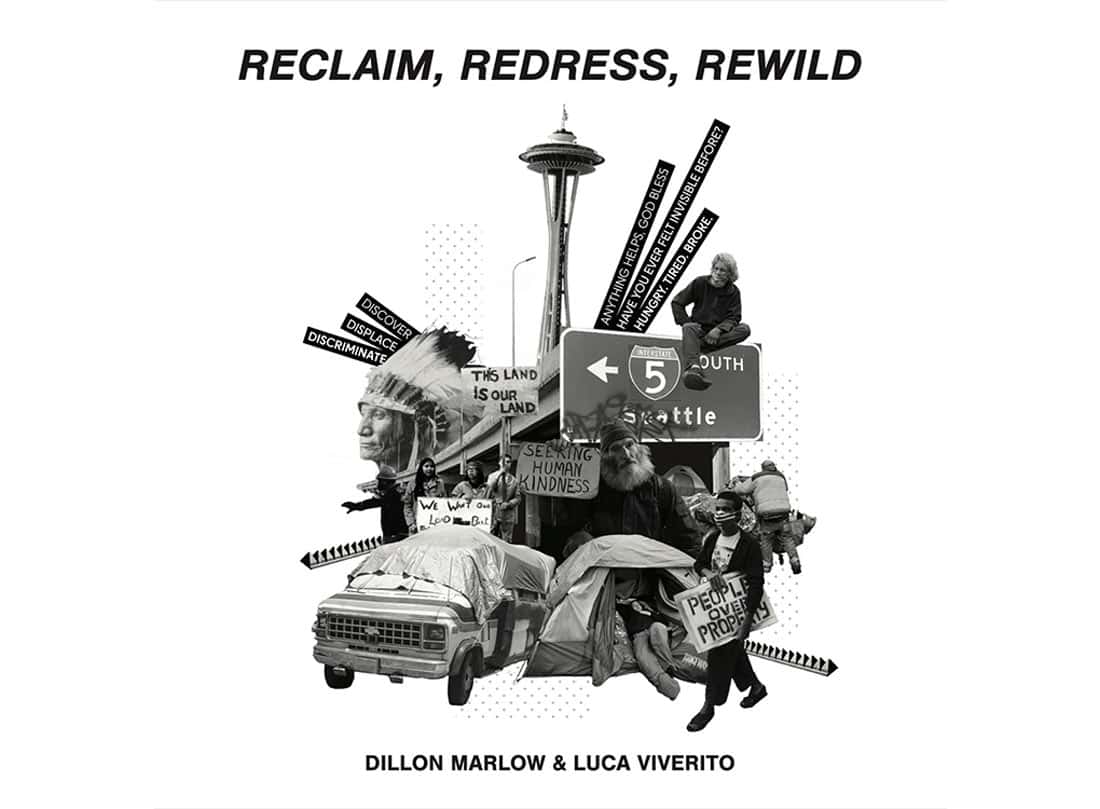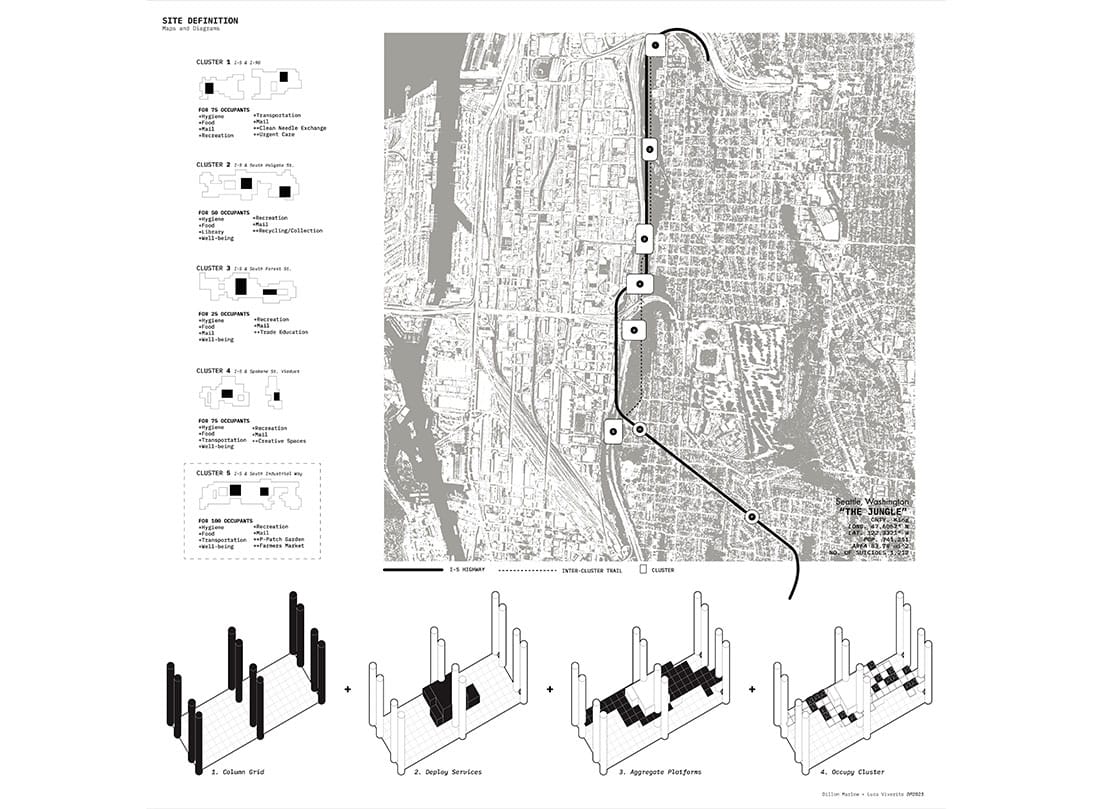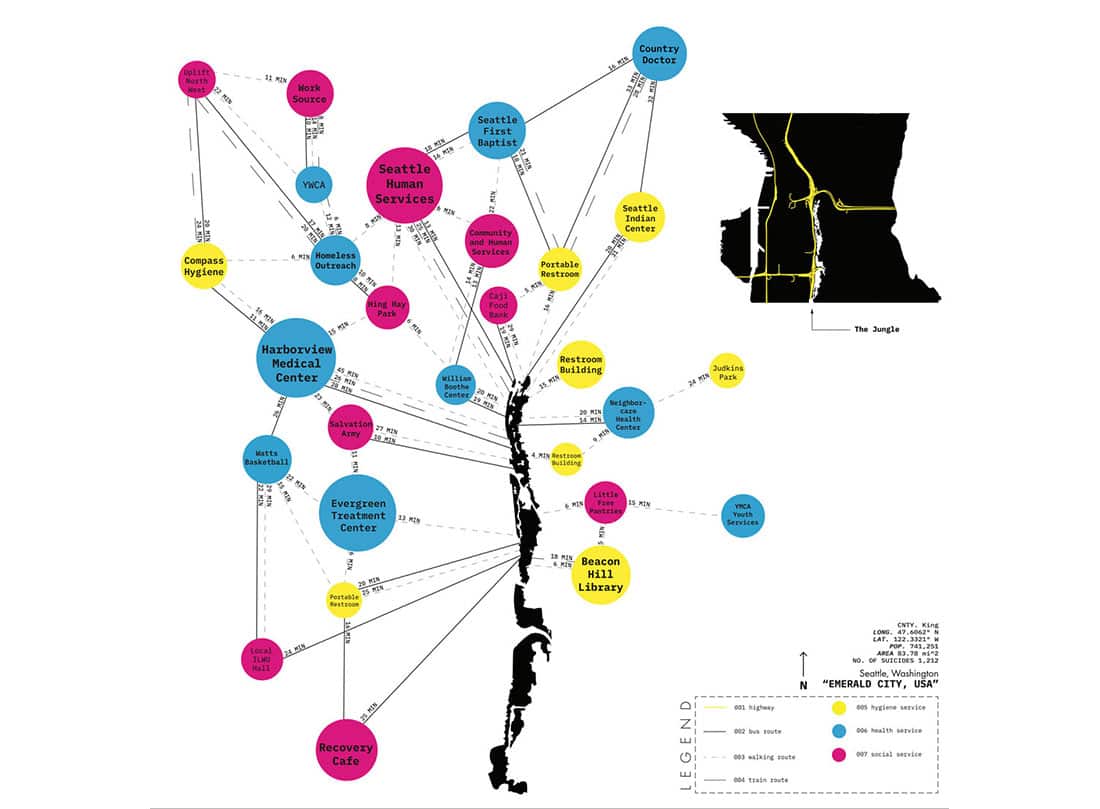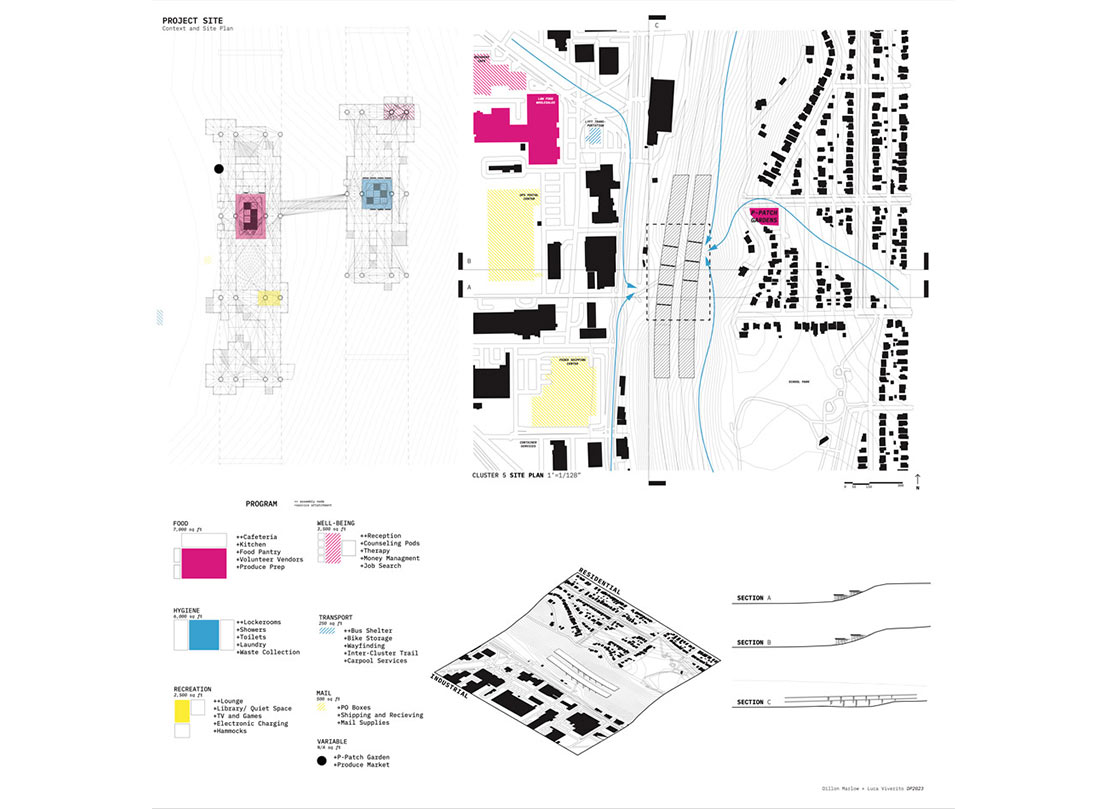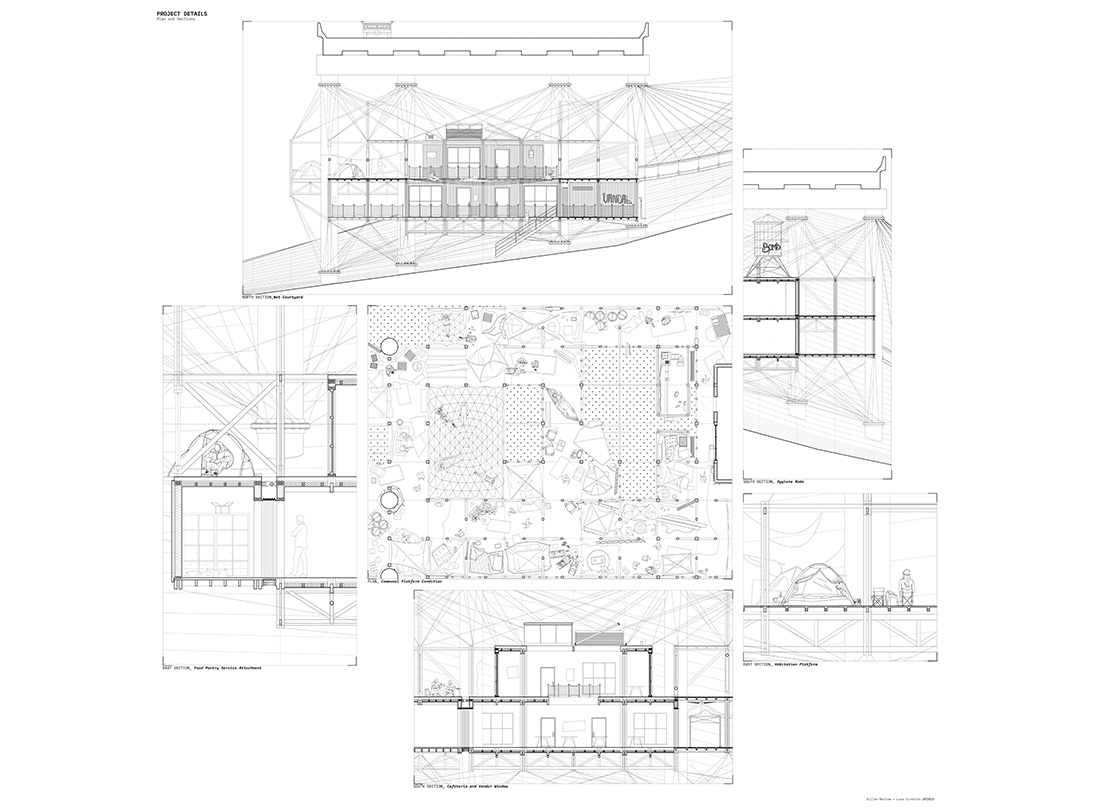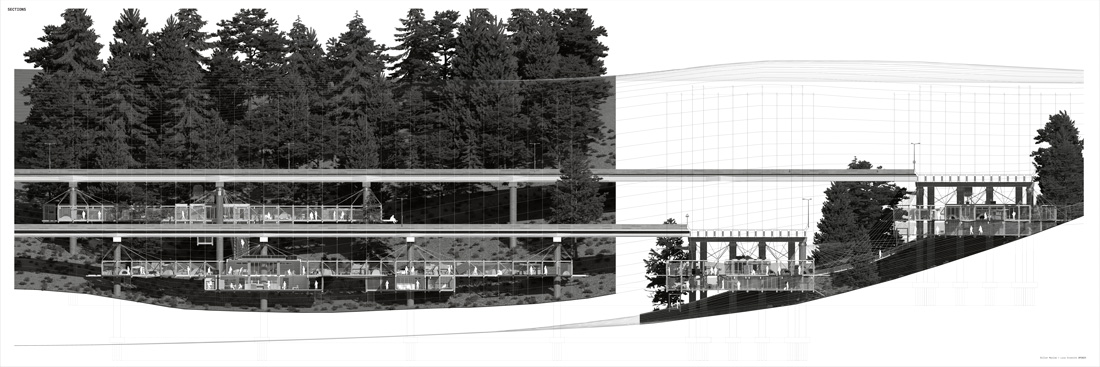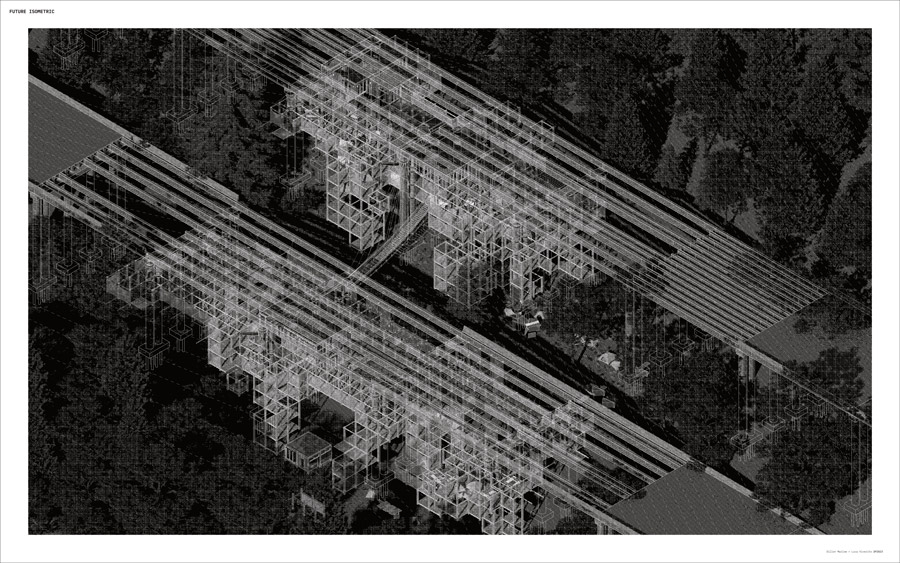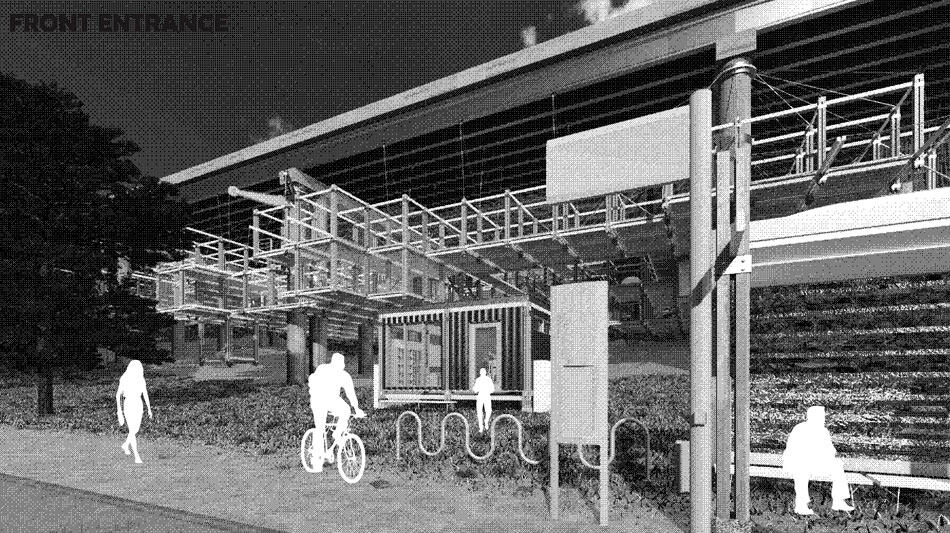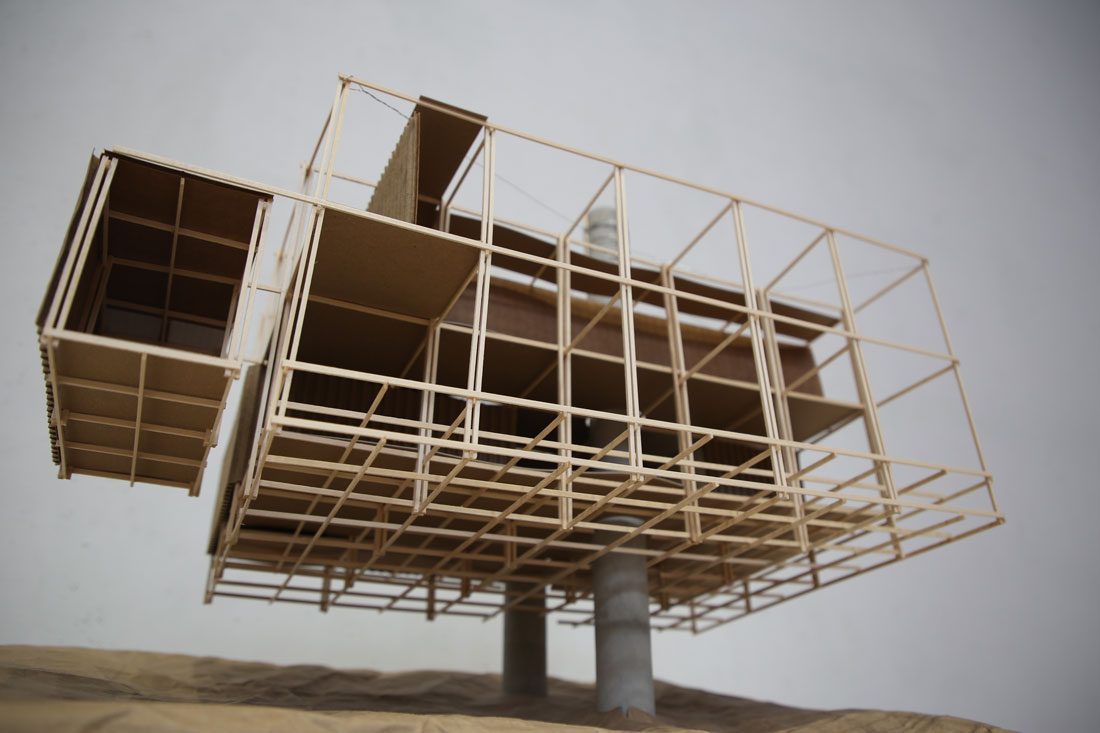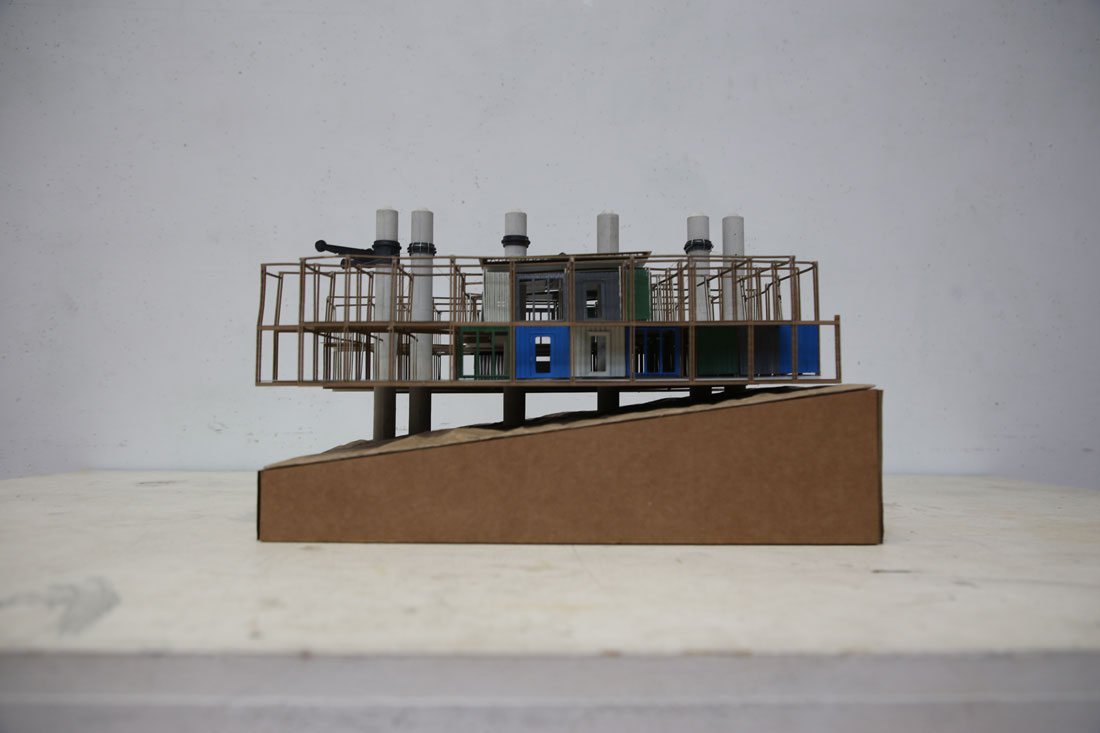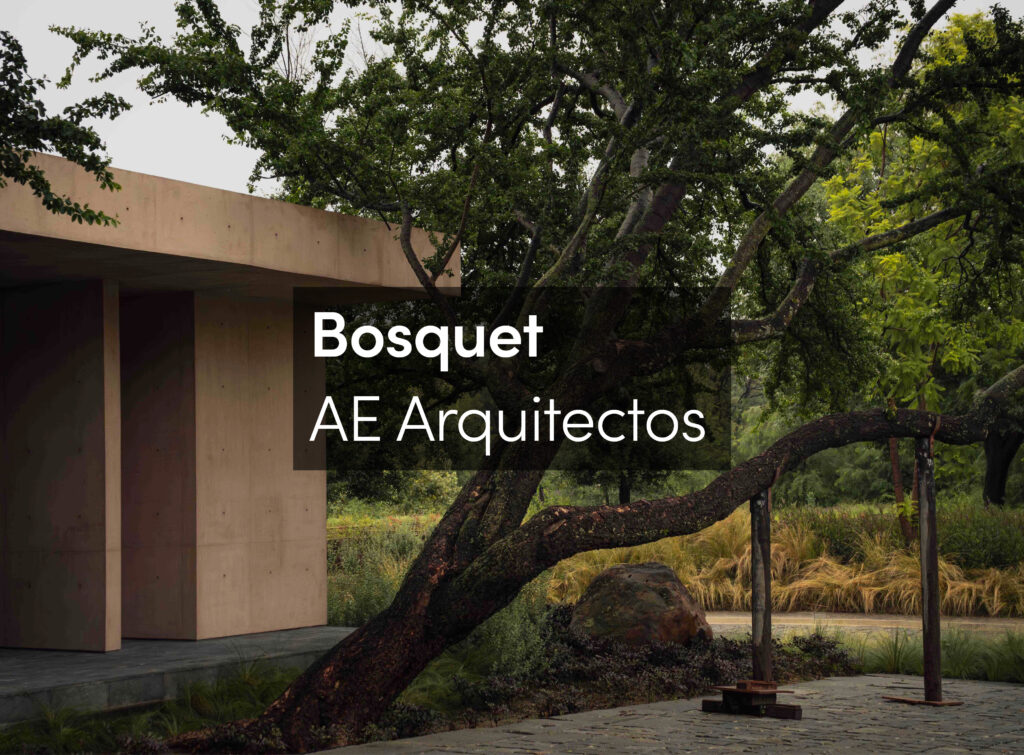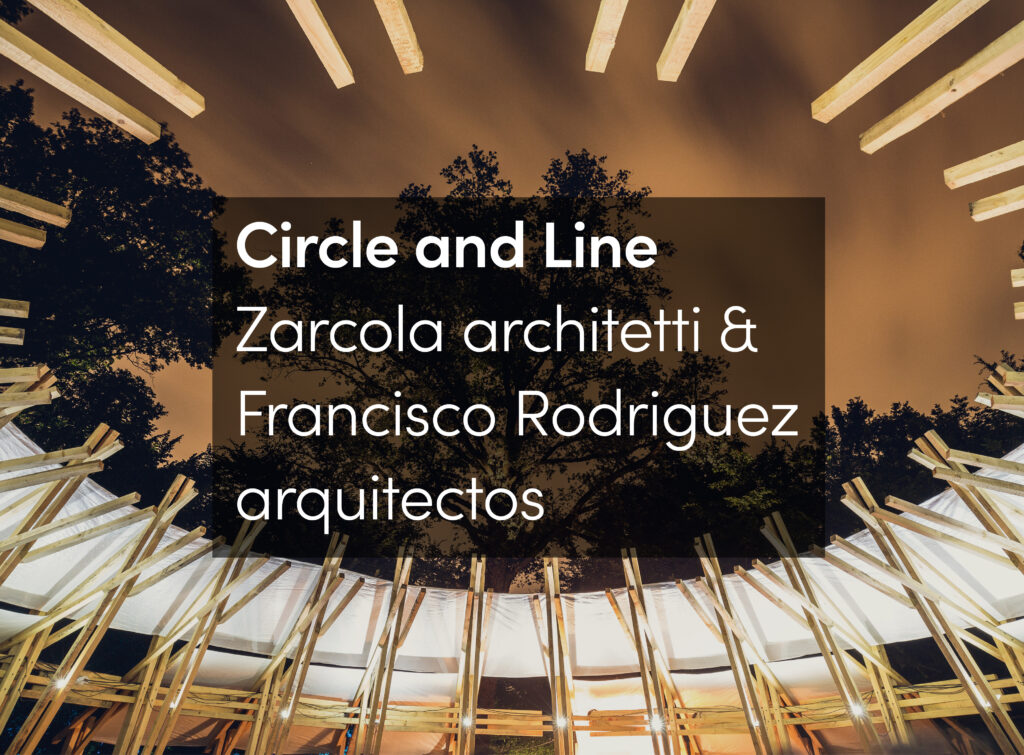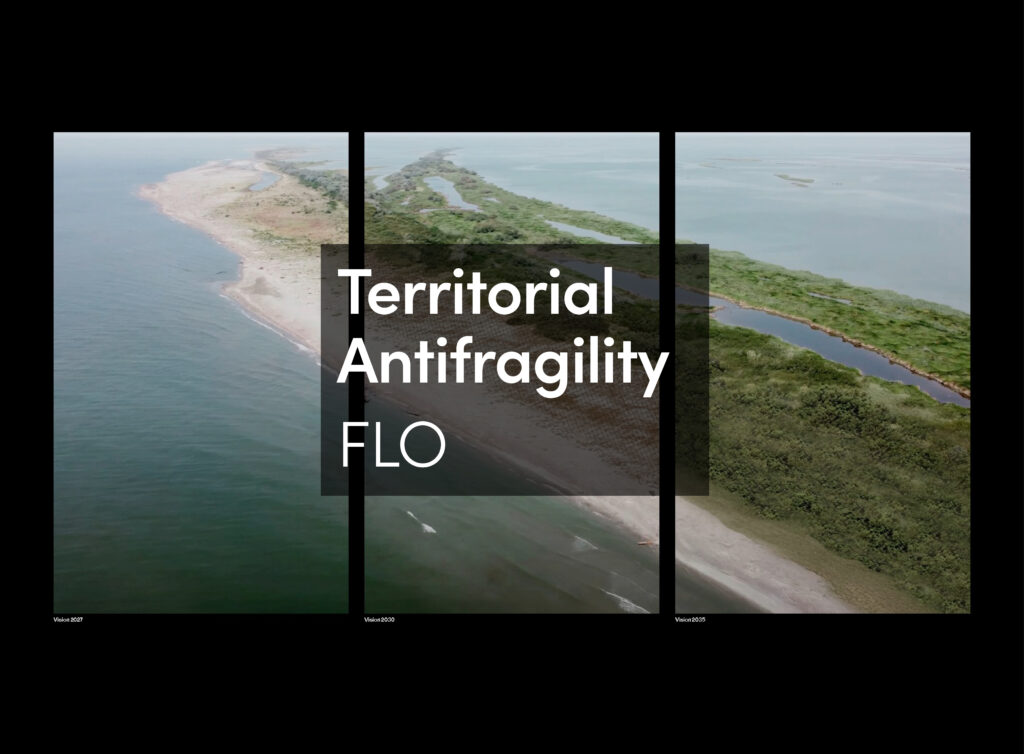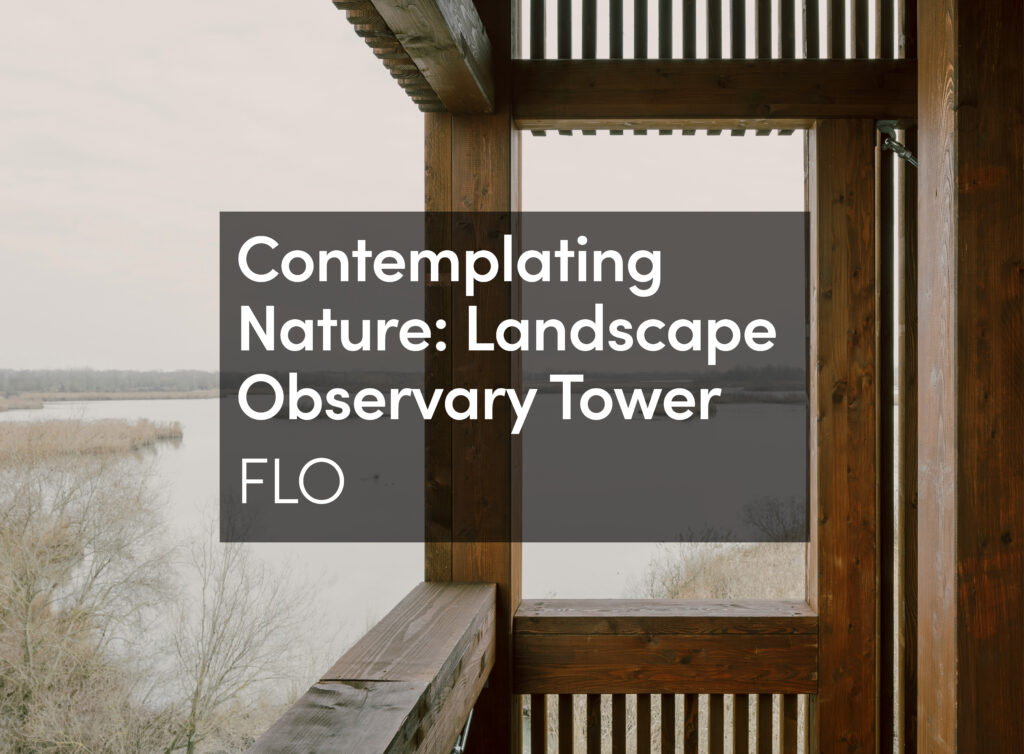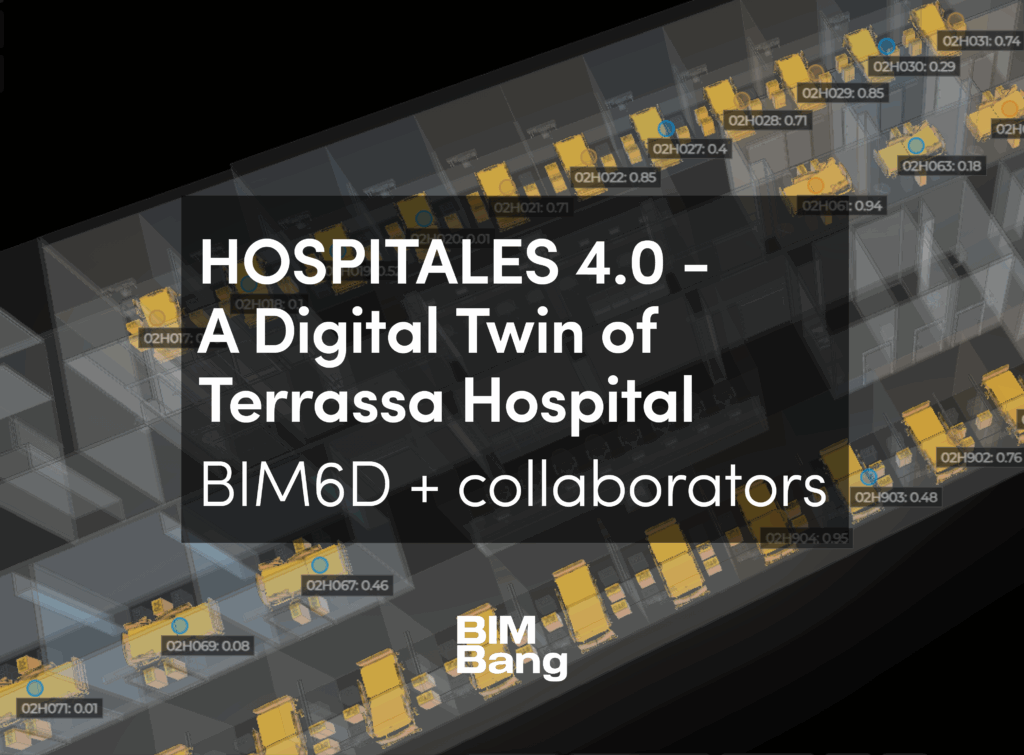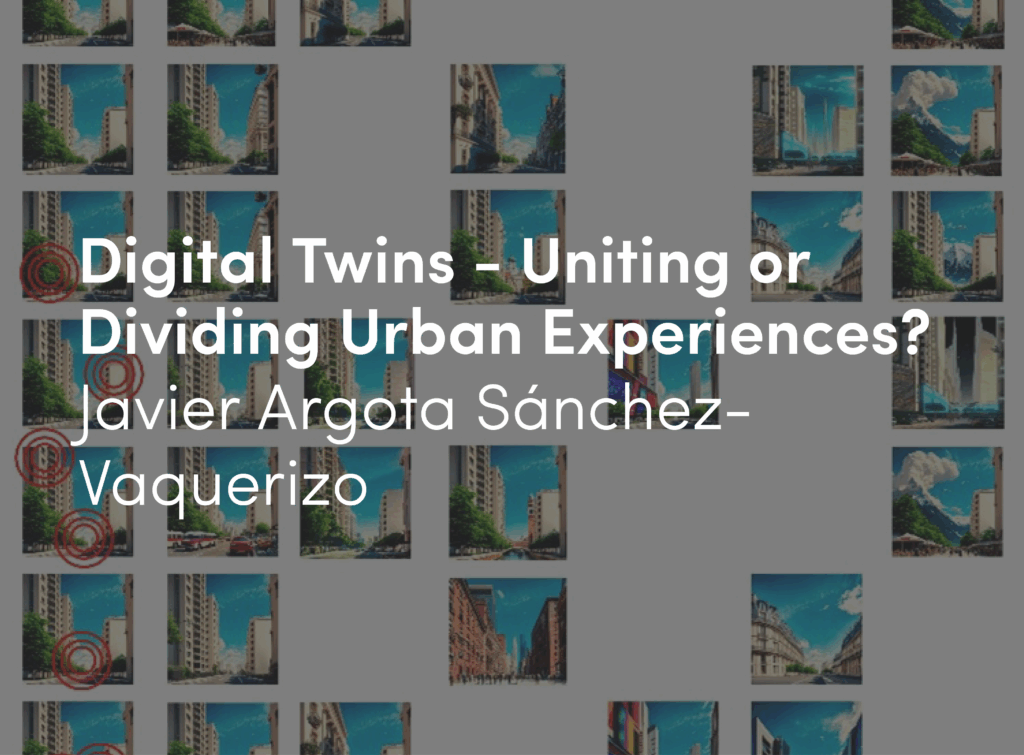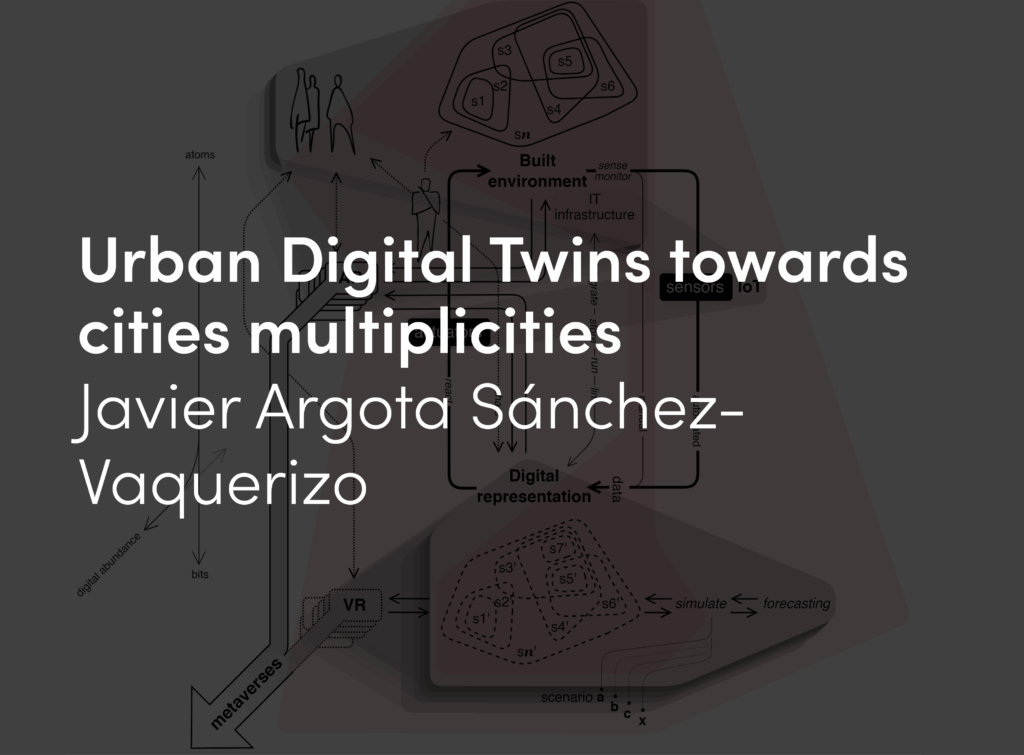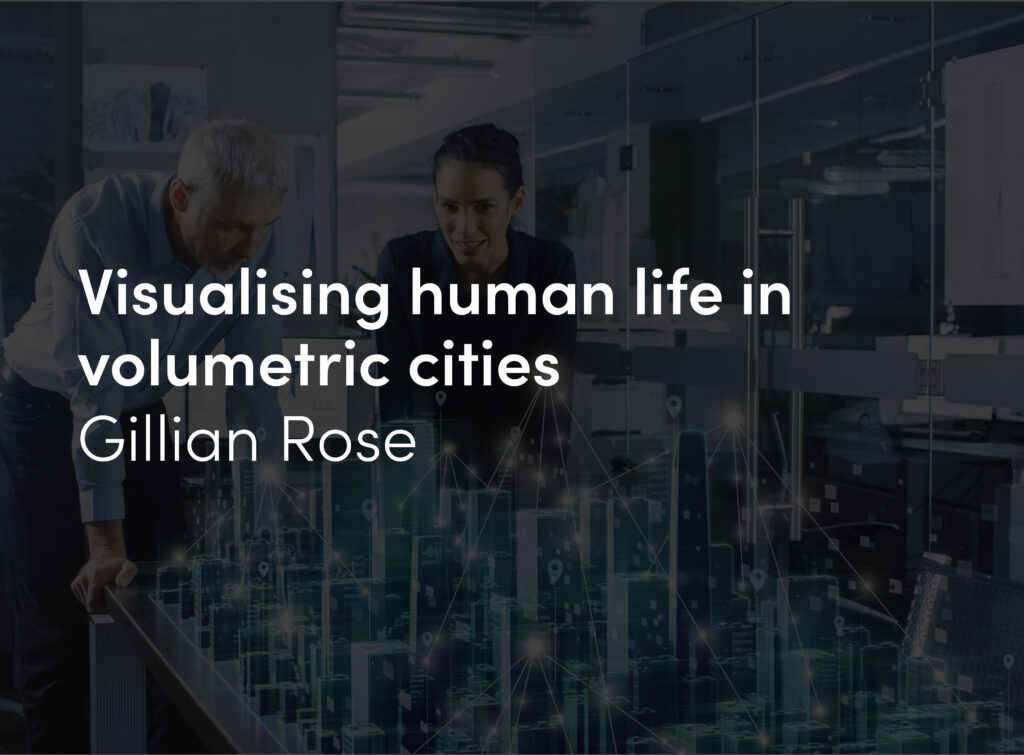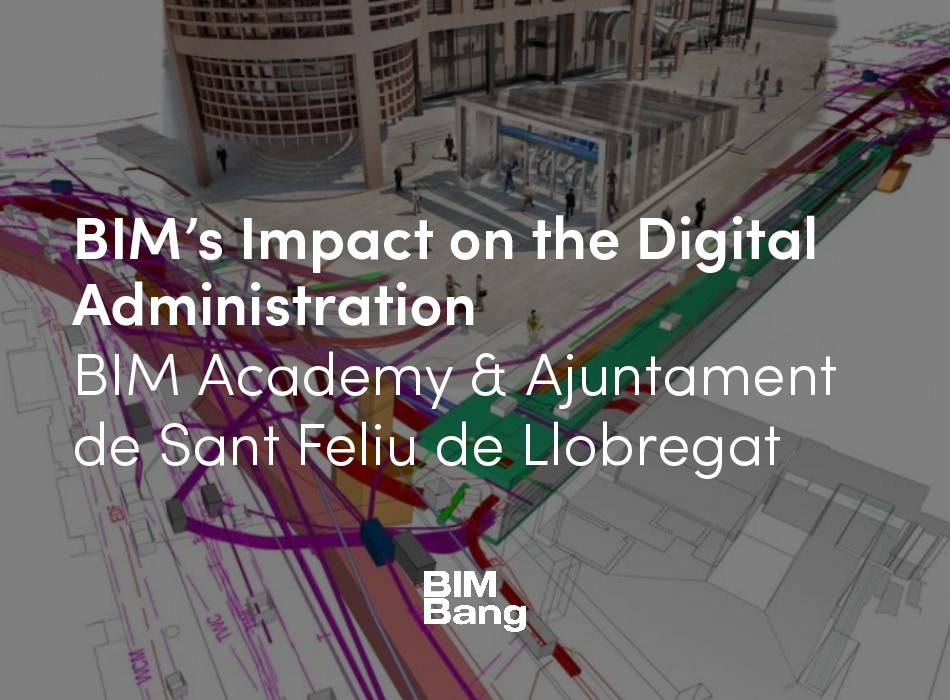The unhoused population of Seattle finds itself in the middle of convergent crises. Their position is the result of focused displacement and consistent administrative mental health neglect; and they stand to lose more as the climate crisis worsens – the most vulnerable being the most exposed. An architectural intervention here must be sensitive to the typological models the unhoused have already adopted, while providing a service function, empowering them to live more safely and sustainably. The simultaneous ecological recuperation of the site will redress the historical violence against the landscape and provide biophilic stimulus for the unhoused.
Unhoused Prompting
The unhoused and mentally ill have always been made strangers in society, pushed to the margins – urban, social, ecological – living their lives in crisis. As their attempts at autonomy are cut short by hollow government intervention, administrative cognitive dissonance is never more transparent. The unhoused have no agency in the form or function of their shelters, their belongings and communities swept away as soon as they stray from “acceptable” parameters. In the aftermath, referrals to city-sanctioned shelters are given out like golden tickets, but the city’s bad faith has made the unhoused wary of acceptance. The models allowed by the city strip the unhoused of the communities they cling to and threaten relapse. Instead, it should be the goal of the city to sponsor self-determined models for and by the unhoused. Much-needed services, like access to clean running water, healthcare, transportation, and counseling should be provided in a familiar setting, in or around encampments.
The proposition for such an architecture is compelling. How can we, as designers and space-makers, develop a project where the unhoused are the drivers? In this way, the project is not designed, so much as it is prompted by the inhabitants themselves: providing a formwork, not a program. For the unhoused, wary of shelters and unwilling to relocate, such a formwork seems the logical compromise between their informal space-making practices and the city’s attempts at regulation. In Seattle, at-capacity and polluted encampments are flushed out and destroyed. The alternative proposes a renovation and rehabilitation of existing houseless spaces and structures, rather than their complete erasure. In this way, the new architecture is a prosthesis for informal spaces, giving the unhoused the grace to live as they please. However they do so, the program is their prompt.
An intervention into any community requires care and sensitivity, qualities Seattle cannot claim in its management of the homeless. This project restructures the city’s approach and gives power back to the unhoused. They will remain – without sweeps or referrals, but rather with services and affordances.





